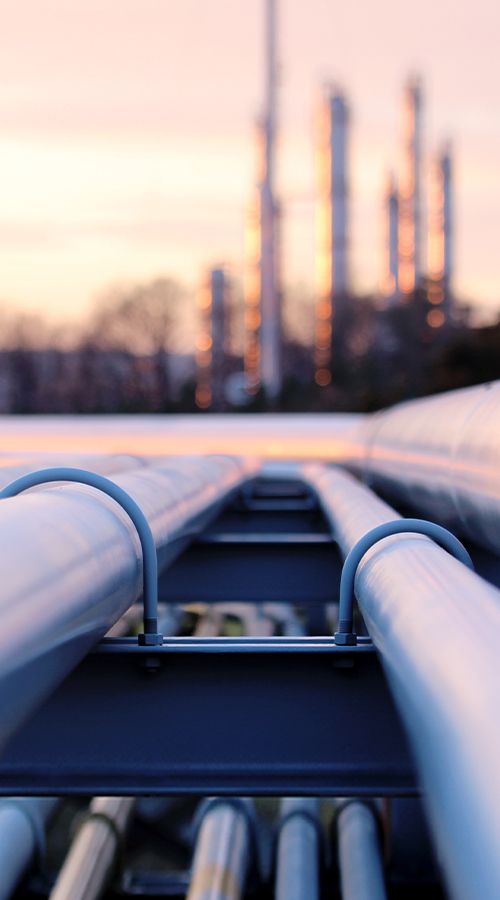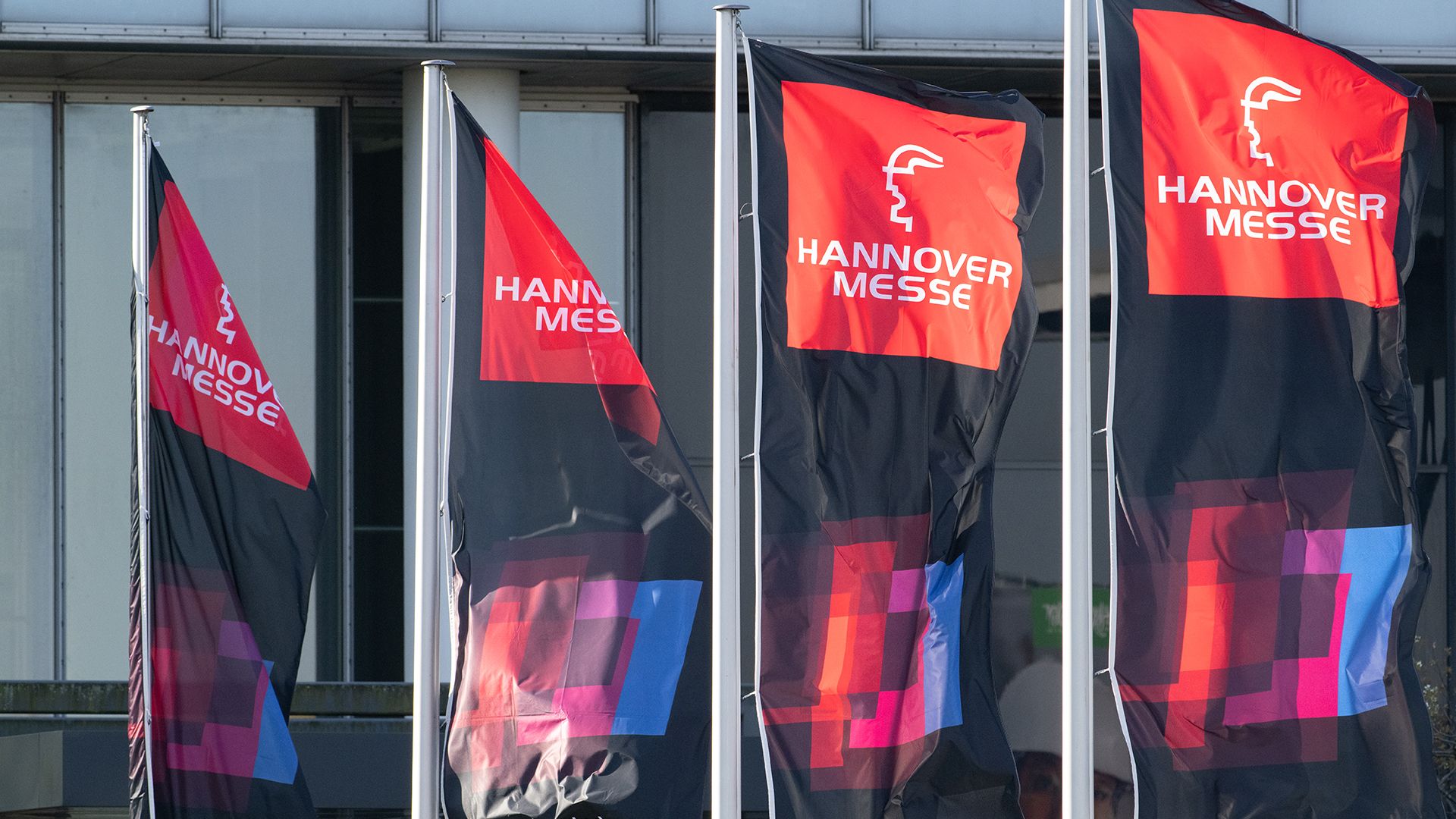Wintershall Dea and Fluxys jointly investigate options for transport of CO2


- CO2 emissions from industrial clusters in southern Germany to be transported via Belgium to storage sites in the North Sea
- Cooperation also planned for the expansion of offshore infrastructure
- CO2 infrastructure crucial for the transition to a climate-friendly industry
Wintershall Dea and Fluxys are jointly cooperating on a cross-border CO2 pipeline network connecting southern Germany and Belgium. The two companies just signed a cooperation agreement to this effect. CO2 emissions from industrial clusters in southern Germany are to be transported to the German-Belgian border via the planned pipeline network. From there, the CO2 will be transported via the CO2 network in Belgium developed by Fluxys to Zeebrugge on the Belgian North Sea coast, and subsequently to offshore CCS storage locations in the North Sea where Wintershall Dea is involved.
Fluxys, a transmission system operator headquartered in Belgium, is constructing a CO2 hub in Zeebrugge as a collection point for the onward transport of industrial emissions to secure storage sites under the seabed of the North Sea. Wintershall Dea is also planning a CO2 hub – called CO2nnectNow – in Wilhelmshaven on the German North Sea coast.
As part of their cooperation, the two companies are also assessing to jointly develop an offshore transport system, starting from Zeebrugge and Wilhelmshaven, to CO2 storage sites in the North Sea.
“With Fluxys, we have a strong partner to advance the expansion of the CO2 transport network and thereby create the necessary infrastructure for the capture and storage of CO2 emissions from industry,” says Hugo Dijkgraaf, Wintershall Dea’s Chief Technology Officer and Member of its Executive Board. “In northern Germany, we are already well positioned through our foreseen CO2 hub in Wilhelmshaven. Through our cooperation with Fluxys, we now also want to offer opportunities for the decarbonisation of industrial sites in southern Germany.”
“We are delighted to cooperate with Wintershall Dea to accelerate the decarbonisation of industry in Southern Germany and beyond. The initiative dovetails perfectly with Fluxys’ strategy to be the essential partner for speeding up the energy transition” says Pascal De Buck, CEO of Fluxys Belgium. “One of our key focus areas is to develop open access CO2 infrastructure to accommodate the carbon capture and storage chain. The CCS chain is essential for industry to decarbonise while maintaining economic activity and employment. Our ambition is to provide the market the capacity required to transport 30 million tonnes of CO2 by 2030.”
Although there are currently still legal hurdles to transporting CO2 to storage sites outside Germany, German policymakers have now come to recognise the potential of CCS. In an evaluation report on the Carbon Dioxide Storage Act, Germany’s Federal Ministry for Economic Affairs and Climate Action (BMWK) recently noted that the country would have to safely store up to 73 million tonnes of CO2 each year under the seabed if it is to achieve net zero by 2045.
Wintershall Dea is already pushing ahead with CCS projects in Northern Europe. In Denmark, CO2 will be stored underground for the first time ever in March as part of the Project Greensand. Wintershall Dea is a leading member of the Greensand Consortium, which is building the first-ever complete CCS value chain on the European continent. In addition to Denmark, Wintershall Dea is also pursuing CCS-related projects in Norway, for example through its Luna CCS project, where the focus is also on establishing cross-border CCS value chains.
About Wintershall Dea
Wintershall Dea is Europe’s leading independent natural gas and oil company with more than 120 years of experience as an operator and project partner along the entire E&P value chain. The company with German roots and headquarters in Kassel and Hamburg explores for and produces gas and oil in 11 countries worldwide in an efficient and responsible manner. With activities in Europe, Latin America and the MENA region (Middle East & North Africa), Wintershall Dea has a global upstream portfolio and, with its participation in natural gas transport, is also active in the midstream business. The company will exit Russia. More in our Annual Report.
As a European gas and oil company, we support the EU's 2050 carbon neutrality target. As our contribution we have set ourselves ambitious targets: We want to be net zero across our entire upstream operations – both operated and non-operated – by 2030. This includes Scope 1 (direct) and Scope 2 (indirect) greenhouse gas emissions on an equity share basis. Wintershall Dea will also bring its methane emissions intensity below 0.1 per cent by 2025. We endorsed the World Bank’s Initiative ‘Zero Routine Flaring by 2030’ and continue to support the initiative aimed at eliminating routine flaring in operated assets by 2030. In addition, we plan to support global decarbonisation efforts by building up a carbon management and hydrogen business to potentially abate 20-30 million tonnes of CO2 per annum by 2040. You can find more about this in our Sustainability Report.
Wintershall Dea was formed from the merger of Wintershall Holding GmbH and DEA Deutsche Erdoel AG, in 2019. Today, the company employs more than 2,000 people worldwide from almost 60 nations.

